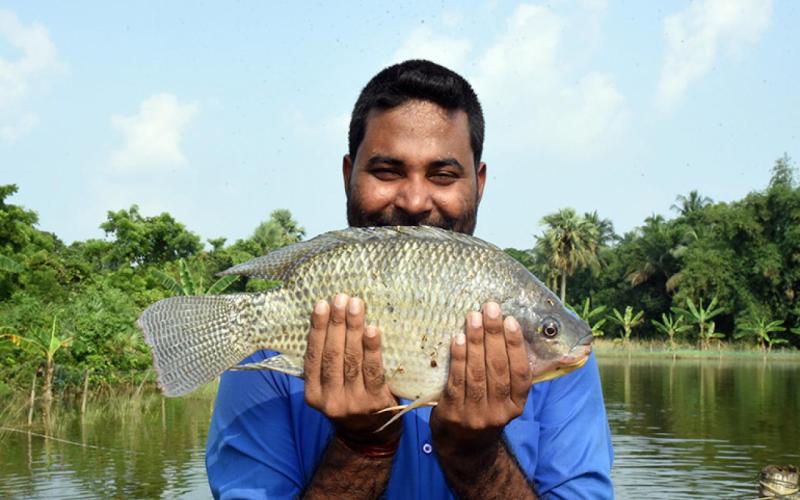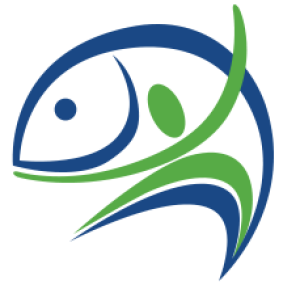
The Earlham Institute has played a leading role in creating genomic resources that will enable breeders to boost global aquaculture production and protect biodiversity.
Aquaculture - the breeding and farming of fish and shellfish - is overtaking traditional line and net fishing practices. This shift is particularly important for providing communities living further away from a coastline with a key source of protein and nutrients.
In many ways, the success of aquaculture relies on applying the same long-established practices we see with modern agriculture. When it comes to improving yield, health, and resilience, genomic resources are now essential for breeders, whether they manage crops, livestock or farmed fish.
The Earlham Institute has played a central role in creating genomic resources for breeders - working closely with partners such as WorldFish and the Roslin Institute - that will help address issues of gene flow in domestication and environmental adaptation in the face of climate change.
###
This story was first published on Earlham Institute website.
